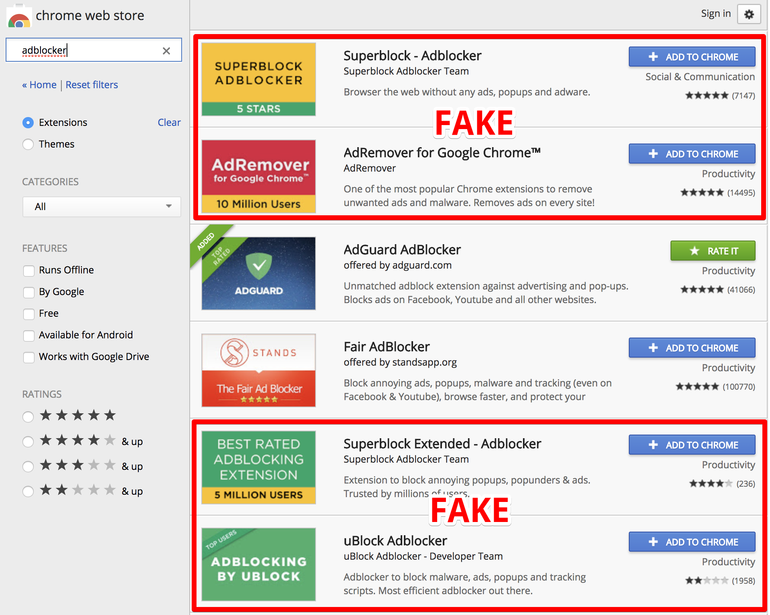Hyp3r was scraping profiles, copying photos and siphoning off data supposed to be deleted after 24 hours, according to a Business Insider investigation. Instagram said Hyp3r had “violated” its policies and had been sent legal papers telling it to stop collecting data. Hyp3r said it complied with privacy regulations and the terms of service for the social networks it targeted. Business Insider said Instagram’s owner, Facebook, should have been more diligent about preventing data grabbing in the wake of the Cambridge Analytica scandal. The investigation claimed Hyp3r had been “stitching”…
Search Results for: tracking
Global Consumer Internet of Things (CIoT) Market to hit USD 143.5 Billion By 2025
New York, NY, Feb. 26, 2019 (GLOBE NEWSWIRE) — Zion Market Research has published a new report titled “Consumer Internet of Things (CIoT) Market by Node Component (Sensor, Logic Device, Processor, Connectivity IC, and Memory Device), by Network Infrastructure (Storage, Gateway, Ethernet Switch and Routing, and Server), by Solution (Software and Platform), and by Application (Home Security and Smart Domestic, Wearable Technology, Personal Healthcare, Asset Tracking, Smart Office, Smart Homes, and Others): Global Industry Perspective, Comprehensive Analysis, and Forecast, 2018–2025’’. According to the report, the global consumer internet of things (CIoT)…
Google reportedly paid millions of dollars in secret data deal with Mastercard to track retail sales
For the past year, select Google advertisers have had access to a potent new tool to track whether the ads they ran online led to a sale at a physical store in the U.S. That insight came thanks in part to a stockpile of Mastercard transactions that Google paid for. The revelation comes amid heightened concern about how much consumer data is consumed by tech companies like Google. Earlier this year, Facebook was criticized when data on as many as 87 million people was improperly shared with Cambridge Analytica, raising…
Google Gets Rid of Fake Chrome Ad Blockers
Research unearths five malicious ad-blocker extensions on the Chrome Web Store that were installed by 20 million Chrome users before Google removed them. The bogus ad blockers were discovered by researchers at AdGuard, a Moscow-based maker of ad-blocking and anti-tracking tech. Following AdGuard’s report on the fake ad blockers in the Chrome Web Store, Google removed the suspect extensions, which have been installed on 20 million Chrome instances over the past year. The most popular fake ad blocker was AdRemover for Google Chrome, which had over 10 million users, putting…
Facebook calls out Google, Amazon and Twitter for also harvesting user data
Facebook wants users to know that it’s not the only one tracking their every move on the internet. The social media giant pointed a finger at Google, Amazon, Twitter and other platforms for using many of the same data collection practices that some privacy advocates are referring to as invasive. In a blog post published Monday, the firm described in depth all the ways it gathers information on you around the web — even if you’re not a Facebook member or are logged out of your account. Facebook has been…
Facebook seeks facial recognition consent in EU and Canada
Facebook has started asking European and Canadian users to let it use facial recognition technology to identify them in photos and videos. Facebook originally began face-matching users outside Canada in 2011, but stopped doing so for EU citizens the following year after protests from regulators and privacy campaigners. The new request is one of several opt-in permissions being rolled out in advance of a new data privacy law. The move is likely to be controversial. The company is currently embroiled in a privacy scandal related to the use of its…
JuuBike: Streamlining the Kenyan Bodaboda Transport Sector
The Boda Boda Safety Association of Kenya recently launched a new app called JuuBike that will connect riders to customers in what the Association says will streamline the industry and inject discipline. The IBCA caught up with its founder who told us more about it. How can you define the technology sector in Kenya? JuuBike: The technology in Kenya has been improving rapidly and being adopted by very many different sectors eg, communication,Transport, manufacturing and many others. It has the engine that is driving the Kenyan economy as today almost everything is…
LinkedIn is introducing auto-playing video ads
In a move that was probably inevitable, LinkedIn is introducing video advertising as one of its Sponsored Content formats. Although my LinkedIn newsfeed already includes plenty of video, Abhishek Shrivastava, director of product for the Socail network’s Marketing Solutions, explained for advertisers, the only way to incorporate videos was to link to other websites. Now, the Microsoft -owned professional network is rolling out a native ad format, where video ads will appear as standalone posts in the feed. The video ads will play automatically, though with the sound turned off…
Experts think AI Might Mess with us in the Next Five Years
When we talk about the dangers posed by artificial intelligence, the emphasis is usually on the unintended side effects. We worry that we might accidentally create a super-intelligent AI and forget to program it with a conscience; or that we’ll deploy criminal sentencing algorithms that have soaked up the racist biases of their training data. What about the people who actively want to use AI for immoral, criminal, or malicious purposes? Aren’t they more likely to cause trouble — and sooner? The answer is yes, according to more than two…
Fitness app Strava exposes the location of military bases
Strava, the popular app for tracking running, cycling and swimming, is not the most obvious go-to for exposing national secrets, but a heatmap of activity from users has been found to unearth the locations of U.S. military bases worldwide. The company’s review of 2017 showed all routes taken by its users across the world. It was released back in November 2017, but it came to the fore this weekend when Australian student Nathan Ruser noticed that trails from Strava users in certain countries made it possible to identify military from the U.S. and…










